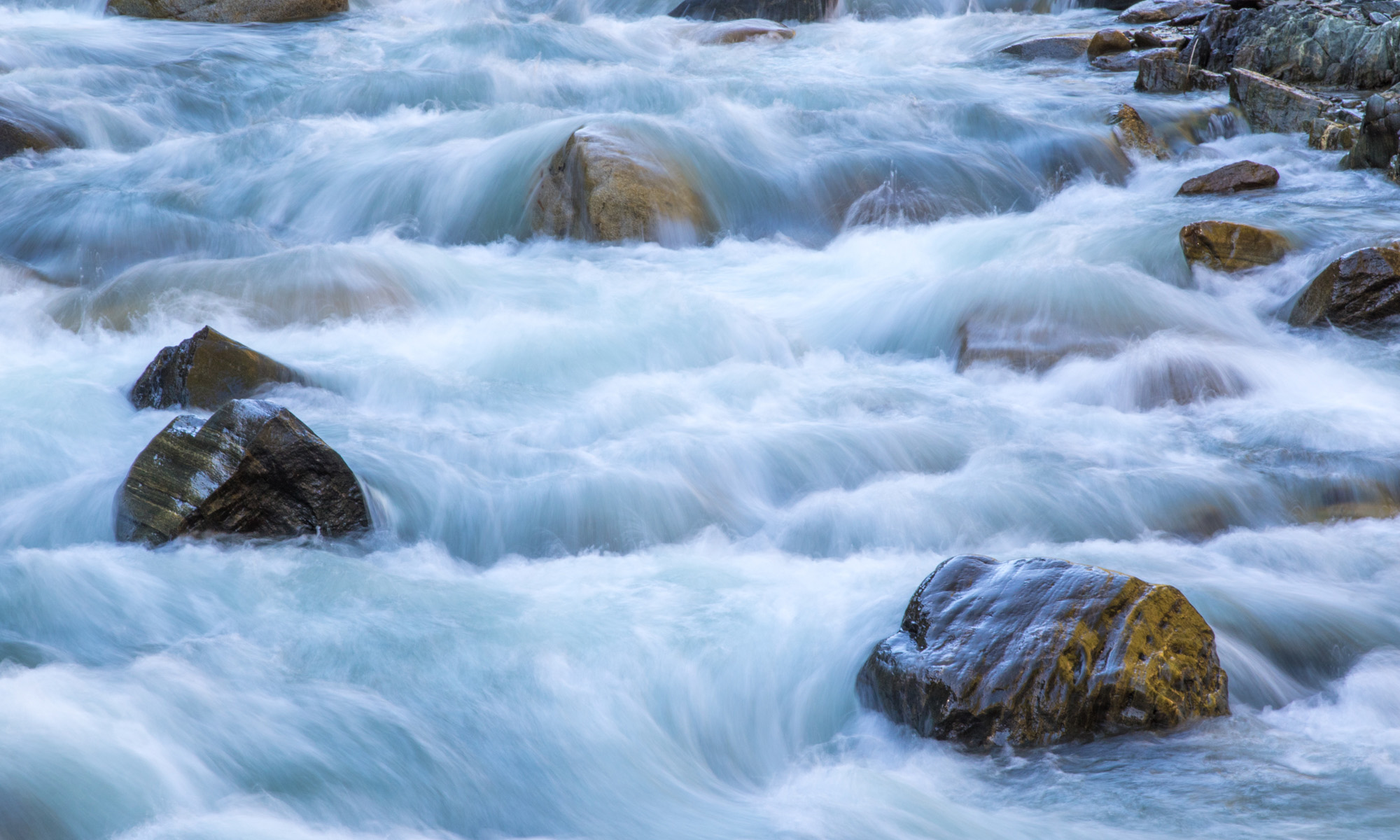Today’s Question: Now that you discussed resolution and explained that most photographers need no more than 20 megapixels, what about sensor size and the relation to resolution? There have been a lot of improvements to sensors in the last few years. Can we get the same results at 20 MP on a 1 inch, 4/3 and C size sensors as on a full frame sensor?
Tim’s Quick Answer: Sensor size does indeed have an impact on image quality, with a larger sensor generally providing at least some advantage compared to a smaller sensor, assuming the same resolution for both. However, I would argue that with recent technological advances these differences have become less significant, to the point that you can achieve exceptional image quality even with a smaller sensor size.
More Detail: Assuming two sensors of different sizes but of the same resolution, there are some inherent advantages to the larger sensor size, all other things being equal. By virtue of having a larger sensor with the same resolution, each individual photo site (which I’ll refer to as a pixel in the context of this discussion) will of course be larger. That larger pixel can therefore record what is essentially more information.
With a larger pixel that is able to collect a larger electrical charge, the difference between “empty” and “full” for each pixel is greater, which means the sensor is able to record greater dynamic range. That larger amount of information also means the sensor will yield lower noise levels in the images being captured.
There are other factors involved, of course, but the bottom line is that a larger image sensor at a given resolution will have larger individual pixels, and that will translate into improved image quality measured in a variety of different ways.
However, imaging technology has continued to evolve rather dramatically, resulting in fewer problems for sensors with a smaller overall size. Advances in noise reduction technology have mitigated the challenge of increased noise with smaller sensors, and other advances (such as increased bit-depth) have helped to mitigate the issue of dynamic range.
From an image quality perspective I would still prefer a larger sensor to a smaller sensor, all other things being equal. But, of course, there are other factors to consider including cost, cropping factor, and more. In other words, while I would prefer a larger sensor size from an image quality standpoint, I’m perfectly comfortable using a camera with a smaller sensor, knowing that excellent quality is still possible.
It is also important to keep in mind that the issues addressed here are conceptual. It is possible to have a full frame image sensor that produces images of relatively poor quality, just as it is possible to have a smaller sensor that offers exceptional image quality. Therefore, the sensor size is only one factor to be considered as you evaluate which particular camera equipment makes the most sense for your specific needs as a photographer.

